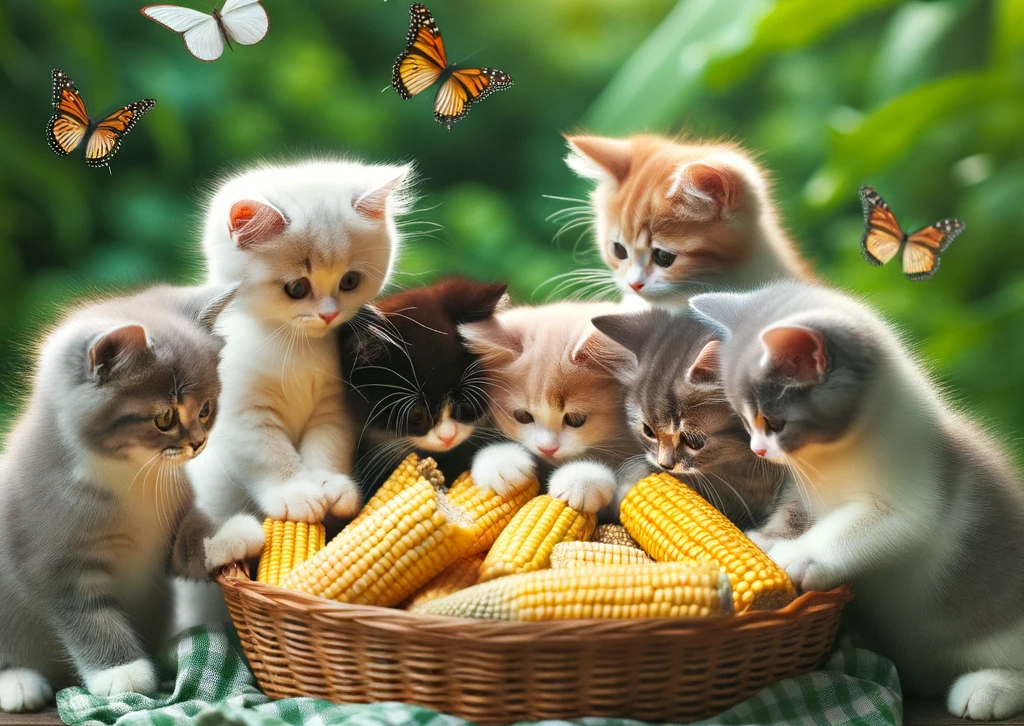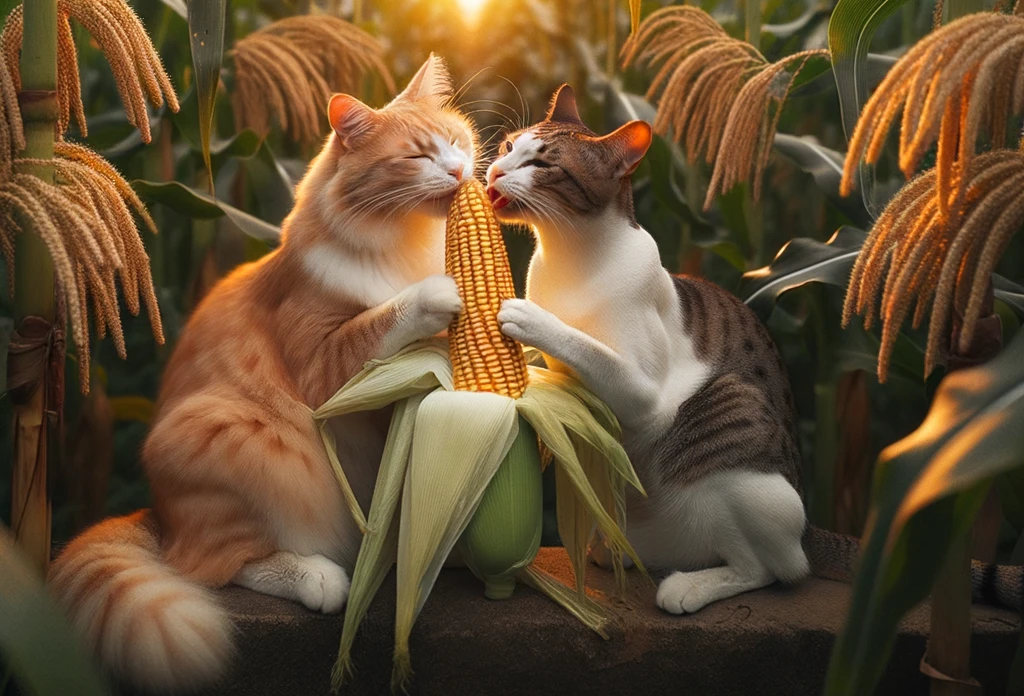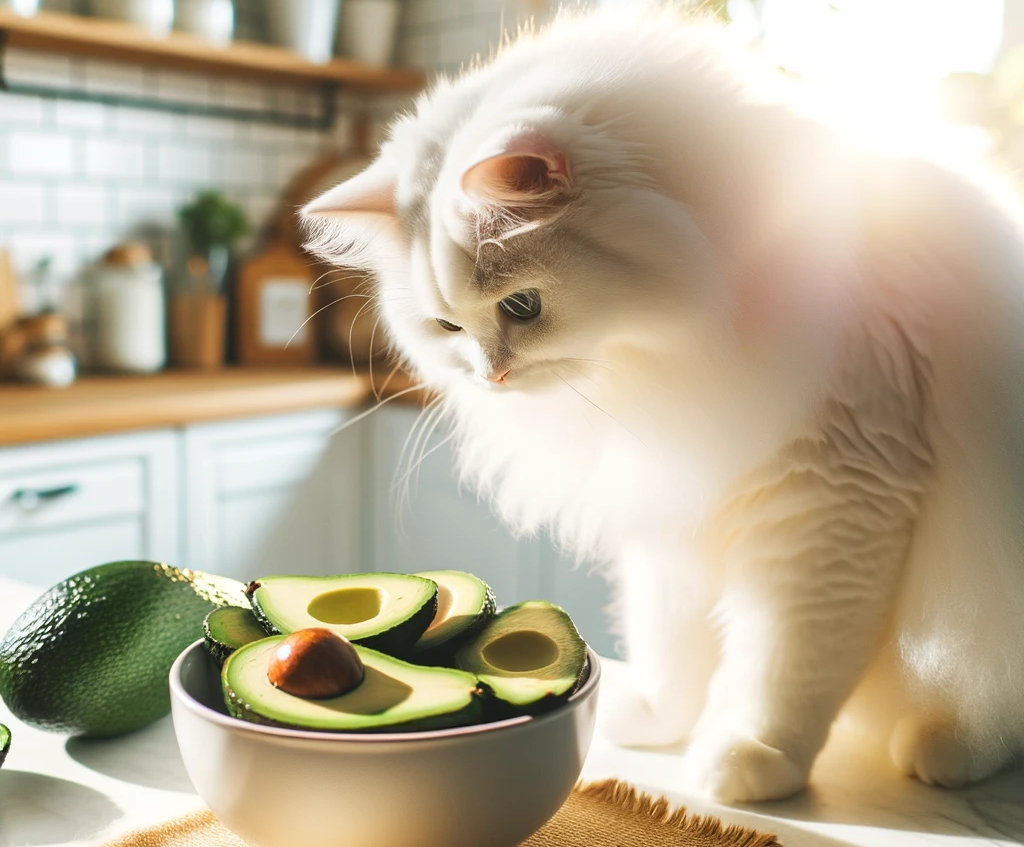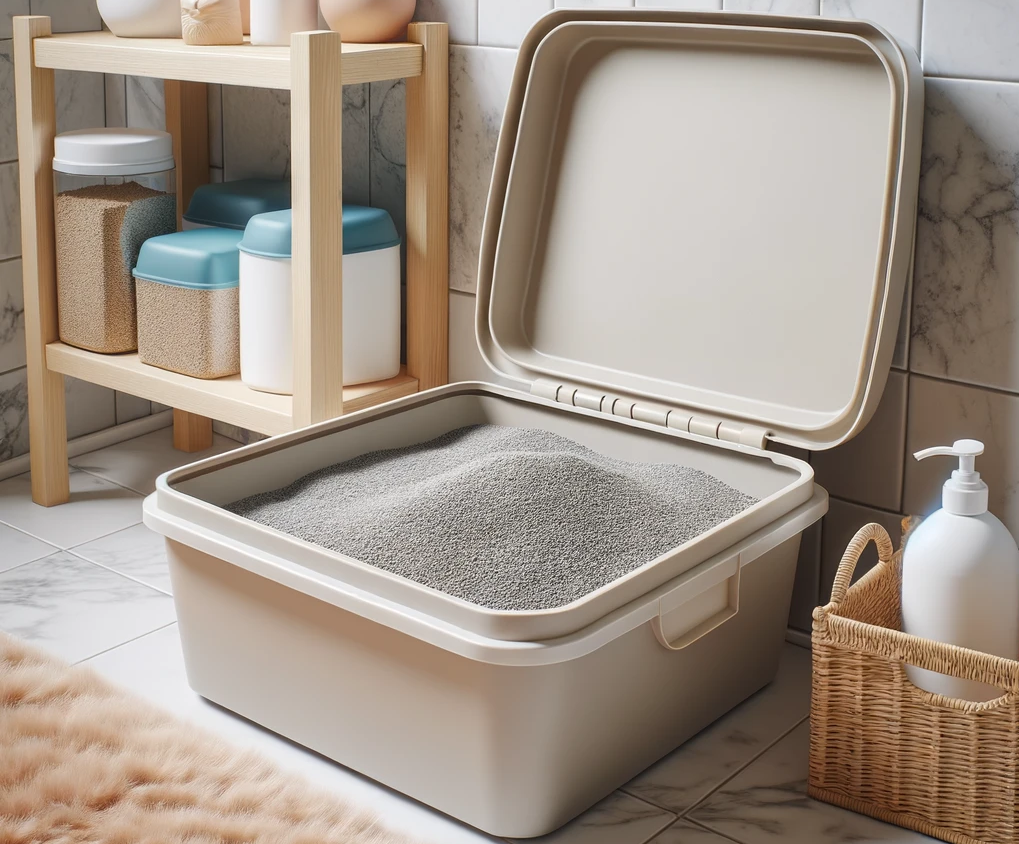
Corn for Cats: Can Cats Eat Corn and Is It Safe?
adminhg
- 0
- 167
In the world of cat ownership, the question “Can cats eat corn?” is often asked. As a cat owner, it’s essential to know what is safe for your feline friend to consume.
Is Corn Okay for Cats?
In moderation, corn can be a part of a cat’s diet. It’s not toxic to cats, so technically, they can eat corn. However, it should not be a significant part of their diet. Cats are obligate carnivores, meaning their bodies are designed to digest meat.
Do Cats Like Corn?
Some cats might show an interest in corn because of its texture and taste. However, just because cats like corn doesn’t mean it’s the best food choice for them. Cats eating corn might be more about curiosity and less about nutritional requirements.
Cats do not need corn in their diet to stay healthy.
Is Corn Good for Cats?
While corn is not harmful to cats, it’s not particularly beneficial either. Corn does contain some nutrients like protein and fiber, but these can be better sourced from meat. The nutritional value of corn for cats is quite low.
Is Corn Safe for Cats?
Yes, it is safe. However, it’s important to keep in mind that cats should not consume too much corn. It is a carbohydrate, and a diet high in carbohydrates can lead to obesity and other health issues in cats.
Are there any specific health issues that can arise from feeding cats corn?
Potential Health Issues for Cats Eating Corn
While corn itself is not toxic to cats, a diet too high in corn or other carbohydrates can potentially lead to several health issues in cats. Here are a few of those potential problems:
Obesity
Cats are obligate carnivores, and their bodies are not designed to process large amounts of carbohydrates. Overfeeding cats with high-carb foods like corn can contribute to weight gain and obesity. Obesity in cats can lead to other health problems like diabetes, heart disease, and arthritis.
Diabetes
A diet too high in carbohydrates can put a cat at risk for diabetes, especially if the cat becomes overweight or obese. Diabetes in cats can lead to a variety of health problems and requires ongoing management.
Allergies
Although not common, some cats can be allergic to corn, leading to skin irritations or digestive problems. Signs of a food allergy in cats might include excessive scratching, hair loss, red skin, vomiting, or diarrhea.
Poor Nutritional Balance
Feeding cats too much corn can lead to a poor nutritional balance. Cats need a diet high in animal protein to meet their nutritional needs. If a cat’s diet is too high in corn and not enough in meat, they might not get the nutrients they require, leading to potential deficiencies and related health problems.
Digestive Problems
Cats do not have the necessary enzymes to break down plant materials like corn efficiently. Therefore, a diet high in corn can cause digestive issues, including diarrhea or constipation.
In conclusion, while it’s technically safe for cats to eat corn in moderation, it can potentially lead to several health issues if it becomes a significant part of their diet. As a cat owner, it’s essential to provide a balanced diet based primarily on high-quality cat food formulated to meet a cat’s nutritional needs.
Can Cats Eat Cornmeal?
Cornmeal is a type of processed corn product. Like corn, it is safe for cats to consume in moderation. However, some cat owners wonder, “Is cornmeal bad for cats?” The answer is not straightforward. Cornmeal, like corn, is not toxic, but it’s not particularly beneficial either.
Considerations When Feeding Corn to Cats

- Always offer corn in small amounts.
- Never feed a cat corn as a substitute for meat.
- Avoid feeding cats cornmeal or other corn-based products with added salt, sugar, or other ingredients.
While corn is not poisonous to cats, it’s best to limit their intake. If a cat seems to enjoy corn, it’s okay to offer some as a treat now and then. However, cat owners should always remember that a cat’s primary diet should be high-quality cat food that fulfills their nutritional needs.
In conclusion, cats can eat corn, but it should not be a staple of their diet. Corn is not harmful to cats, but it doesn’t offer substantial nutritional benefits either. Always prioritize a balanced diet for your cat with meat as the primary source of nutrition.
Recent Studies on Feline Nutrition
Recent studies, as of late 2023, have shown that cats’ dietary needs are best met with high-protein, low-carbohydrate diets. This highlights the importance of meat in a cat’s diet and further emphasizes that corn should be an occasional treat rather than a primary food source.
In the grand scheme of feline nutrition, corn is safe but not necessary. Cats can enjoy it occasionally, but it should never replace a balanced, meat-based diet. Ensure your cat is getting the nutrients they need, and remember, their health and well-being is the top priority.



